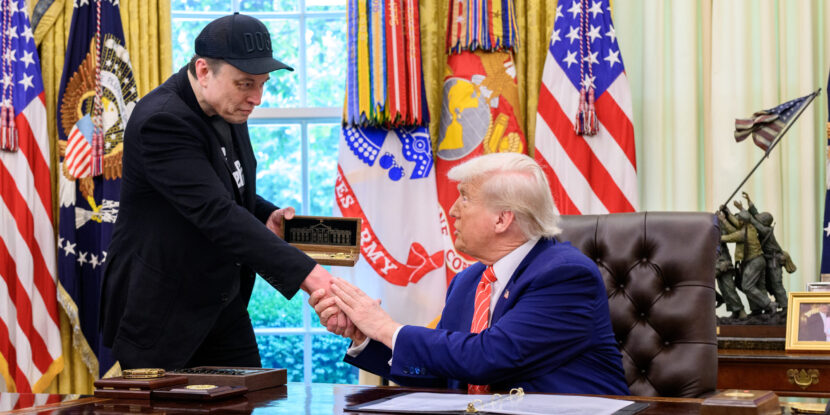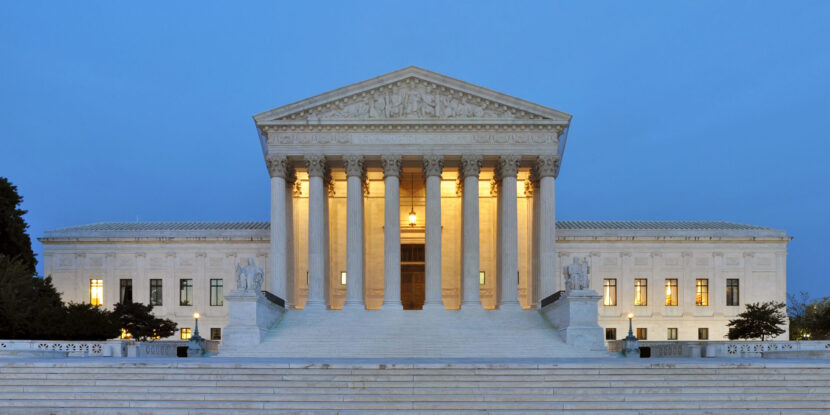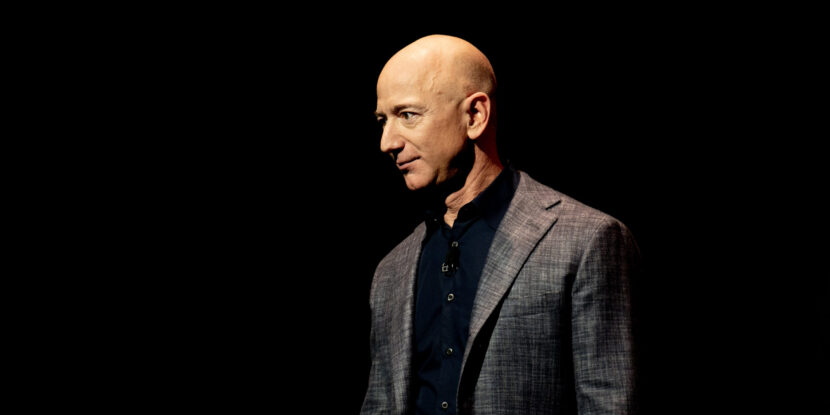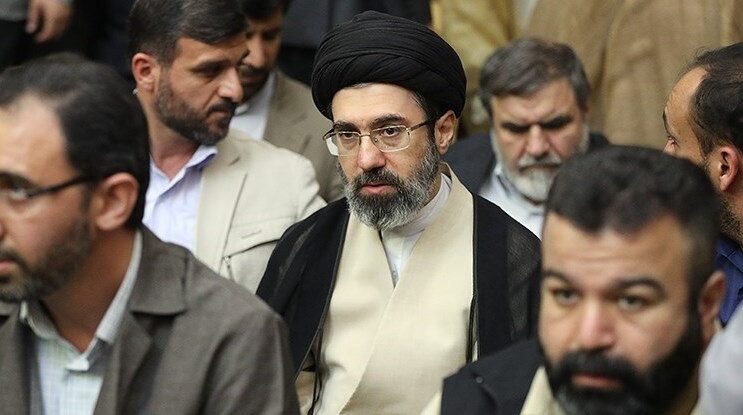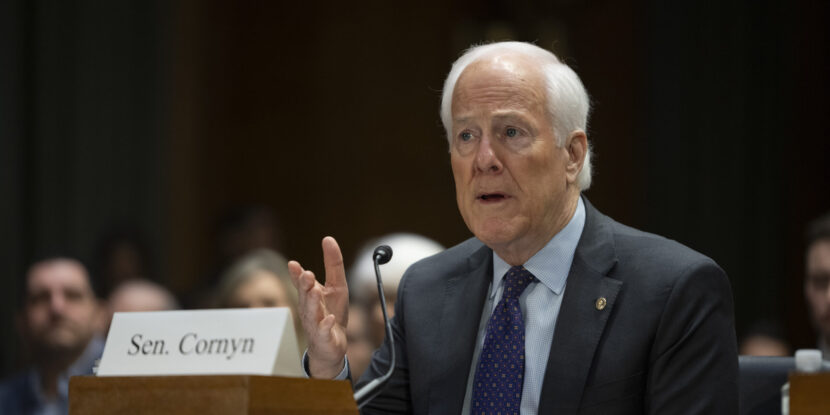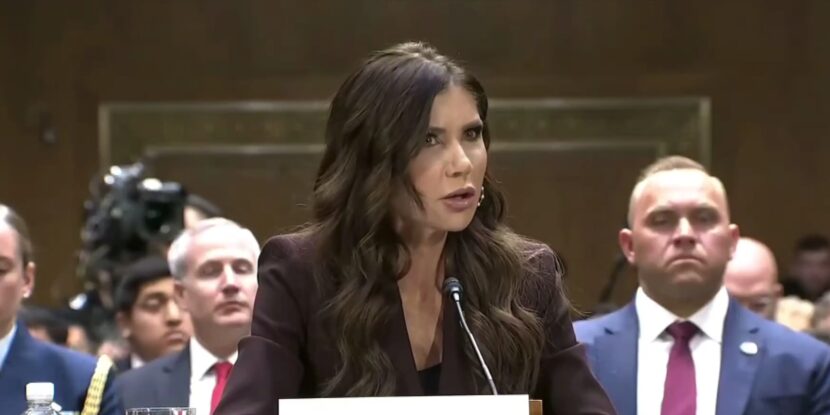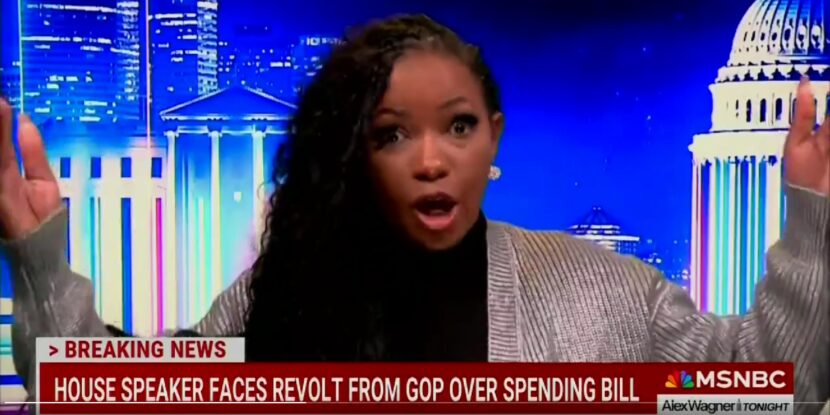PULSE POINTS:
What Happened: President Donald J. Trump suggested terminating billions in government contracts and subsidies to Elon Musk’s companies as a way to save budget funds, following Musk’s criticism of Trump’s “one big beautiful bill.” Musk responded by saying the President is “in the Epstein files”—but this is already a matter of public record, as previously reported by The National Pulse.
Who’s Involved: President Donald J. Trump, Elon Musk, SpaceX, and the Department of Government Efficiency (DOGE).
Where & When: Trump announced his stance on Truth Social on June 5, 2025, Musk responded on X (formerly Twitter) the same day.
Key Quote: “The easiest way to save money in our Budget, Billions and Billions of Dollars, is to terminate Elon’s Governmental Subsidies and Contracts,” Trump wrote.
Impact: Musk’s Tesla firm is already substantially down in the stock market, and his SpaceX company would be badly damaged if it lost its government contracts.
IN FULL:
President Donald J. Trump suggested the most straightforward way to save billions of dollars from the government’s budget is to terminate the billions of dollars in contracts and subsidies awarded to former Department of Government Efficiency (DOGE) frontman Elon Musk’s companies. Musk lashed out by saying he is “in the Epstein files” in response.
“Time to drop the really big bomb: [Donald Trump] is in the Epstein files. That is the real reason they have not been made public,” Musk wrote on his X (formerly Twitter) platform, adding, “Have a nice day, DJT!”
He later doubled down, telling his followers, “Mark this post for the future. The truth will come out.” However, it is already a matter of public record that President Trump is referenced in the Epstein files that the administration has already released. The National Pulse reported in February that the released files, comprised of Epstein’s flight and phone call logs, include Trump’s name, which Epstein listed in his phone book.
It seems unlikely that Musk has knowledge of anything more nefarious than this, declaring, “I love [Donald Trump] as much as a straight man can love another man” in February, and regularly bringing his children to spend time with the President at the White House and his Mar-a-Lago estate.
Subsequent to his Epstein insinuations, Musk agreed with a social media user that Trump should be impeached and replaced with Vice President J.D. Vance.
Mark this post for the future. The truth will come out.
— Elon Musk (@elonmusk) June 5, 2025
Musk stepped down as the face of DOGE at the end of May, having achieved a reported—but questionable—$175 billion in savings out of an initially promised $2 trillion. Shortly afterwards, he began attacking the pending “one big beautiful bill” championed by President Trump, on the grounds that it will increase the deficit.
Writing on his Truth Social platform, President Trump said he had asked Musk to leave government because he was “wearing thin,” and that the true source of the electric carmaker’s anger with the bill is that it “took away his EV Mandate that forced everyone to buy Electric Cars that nobody else wanted.”
He added that the “easiest way to save money in our Budget, Billions and Billions of Dollars, is to terminate Elon’s Governmental Subsidies and Contracts,” adding: “I was always surprised that Biden didn’t do it!”
Musk’s SpaceX company, in particular, relies heavily on contracts with NASA, the Department of Defense, and other government agencies.
Trump’s team says the bill fulfills key campaign promises, including increased funding for border security and defense and new cuts to taxes on tips, overtime, and social security. The administration argues it will not increase but actually reduce the deficit by around $6.6 trillion over the next decade via spending cuts coupled with Trump’s tariffs and deregulation agenda.
Notably, much of the spending Musk is concerned with cannot be addressed in the “one big beautiful bill” because it is a reconciliation bill, and reconciliation bills deal only with nondiscretionary spending, excepting Social Security, rather than the discretionary spending which has been DOGE’s focus.
